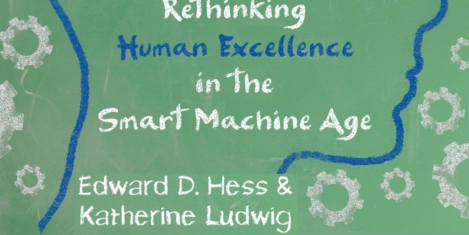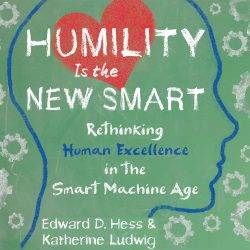March 8, 2017
Staff aged 35 and under have lower levels of health and wellbeing than older workers 0

Employees aged 35 and under lose the highest average amount of productive time due to absenteeism and presenteeism, are the least physically active in the workforce, have a high proportion of smokers and eat the least fruit and vegetables each day. This is according to data from Britain’s Healthiest Workplace (BHW) which claims that these same employees, many of whom entered the workforce following the recent global financial crisis, already suffer from social mobility challenges and tough economic conditions, which is having a considerable impact on their health and wellbeing. Data from BHW shows that high stress levels can have major impacts on employee productivity at work, which in turn has cost implications for the employer. Almost 35 percent of 26-30 year old employees are physically inactive, completing less than 150 minutes of exercise a week, and on top of this nearly 14 percent of this age group smoke. Comparatively, the same data shows that older employees have healthier habits, with 22.5 percent of 56-60 year olds being physically inactive and only a small proportion (6.1 percent) smoking.







 Implementing new technologies over the next 12 months is of primary importance for senior managers, with nearly two-fifths of finance directors saying digital transformation is one of their greatest priorities. Against a backdrop of economic uncertainty, chief financial officers (CFOs) are focusing on increasing profitability (41 percent) and driving overall company growth (39 percent) in the year ahead, according to research from,
Implementing new technologies over the next 12 months is of primary importance for senior managers, with nearly two-fifths of finance directors saying digital transformation is one of their greatest priorities. Against a backdrop of economic uncertainty, chief financial officers (CFOs) are focusing on increasing profitability (41 percent) and driving overall company growth (39 percent) in the year ahead, according to research from, 




 The
The 





















February 28, 2017
A report into facilities management that is hard to swallow 0
by Simon Heath • Comment, Facilities management
(more…)